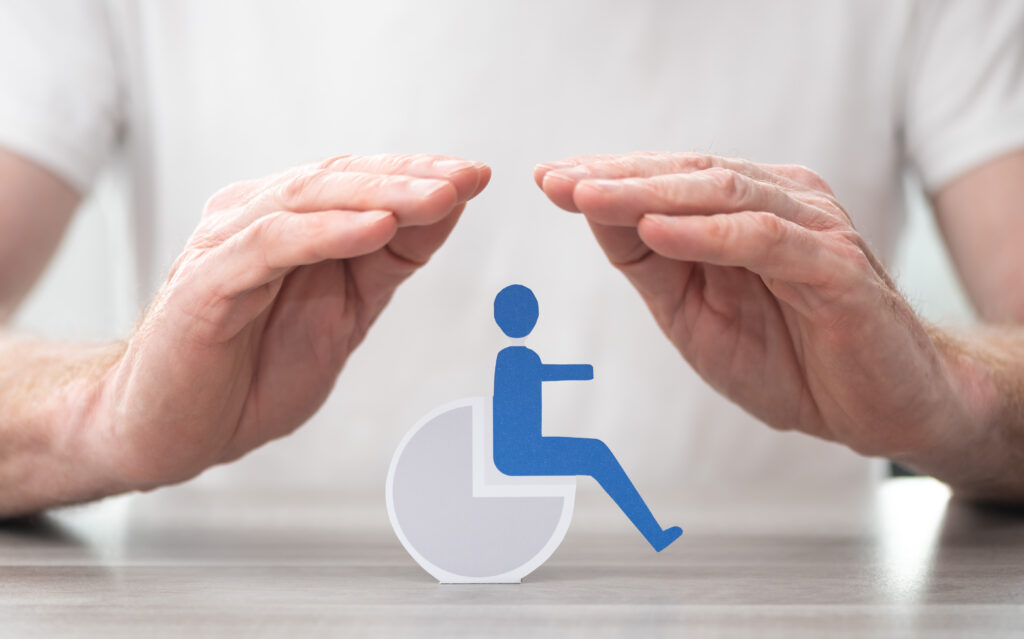Not everyone who wants to work is physically or mentally capable of doing so. For those in New Jersey who are unable to work, benefits in the form of Social Security Disability Insurance (SSDI) or Supplemental Security Income (SSI) are often essential. However, there is some confusion as to who actually qualifies for SSDI benefits and more.
Who is eligible for benefits?
The Social Security Administration (SSA) determines eligibility for these types of disability benefits. As the SSA defines it, a disability is not a short-term or temporary illness. Instead, it is defined as a medical or physical condition that is expected to last for a period of at least 12 months without interruption and one that also prevents someone from working. When assessing whether benefits are appropriate, a person’s disability must also prevent him or her from working at all, not just at his or her current place of work.
Proving a disability
There are a number of ways that a person seeking benefits can help prove his or her disability. This includes providing documentation of a diagnosis by a licensed physician. Other types of evidence that can be helpful include:
- Laboratory findings
- Clinical signs
- Copies of medical records
- Reporting of symptoms
Unfortunately, New Jersey applicants may provide as much evidence as possible and still be denied. This can be truly disheartening, especially when an applicant was counting on those benefits to help make ends meet. When securing SSDI benefits is essential for one’s financial security, it may be wise to reach out to a knowledgeable attorney about how to apply and when it is appropriate to appeal a denial.


